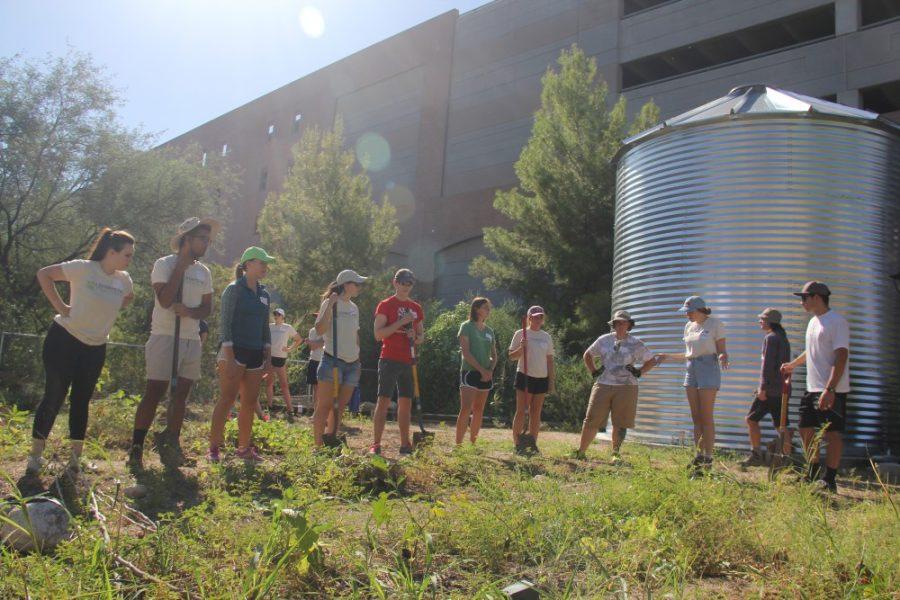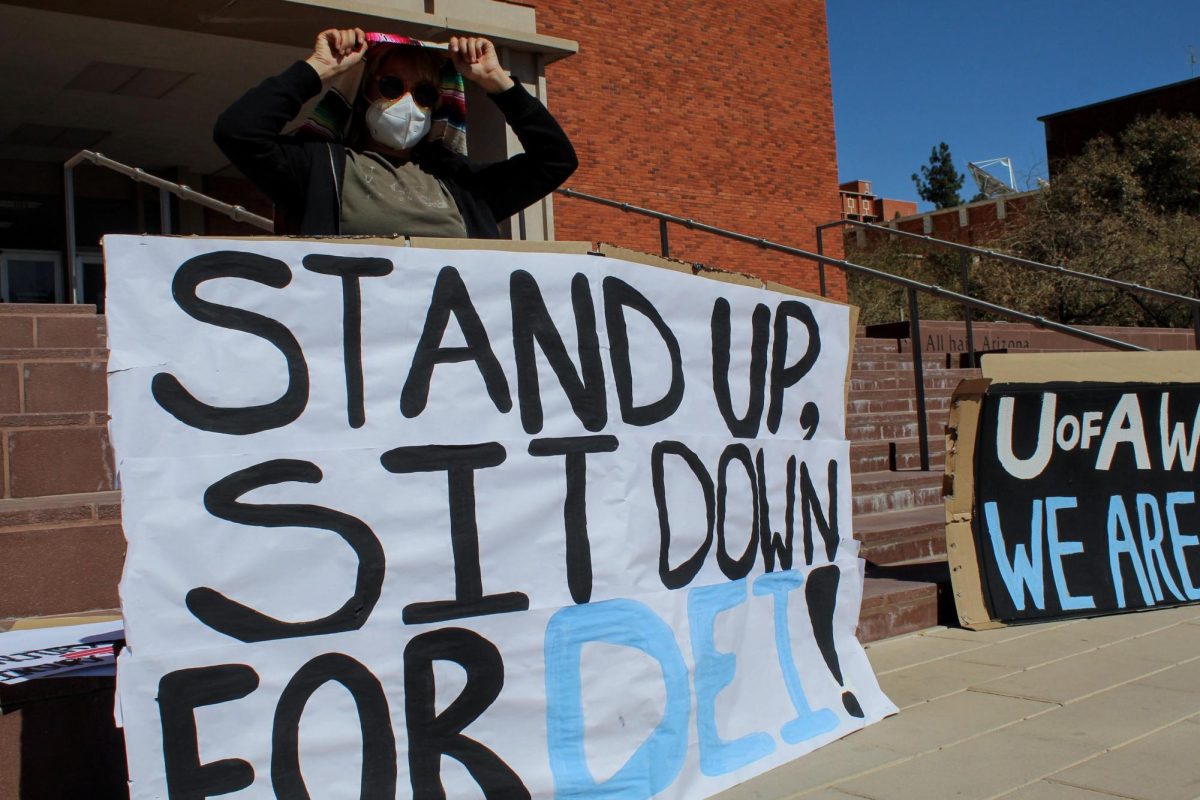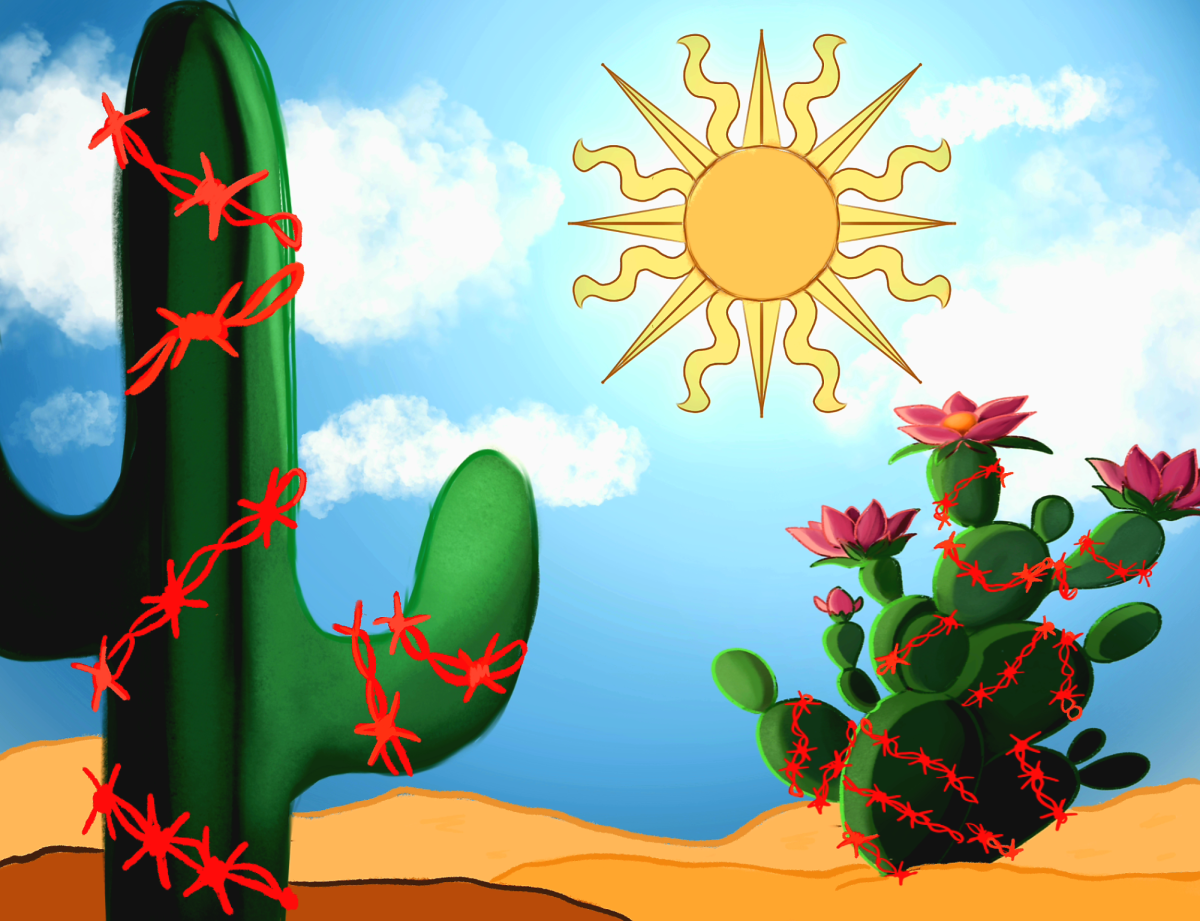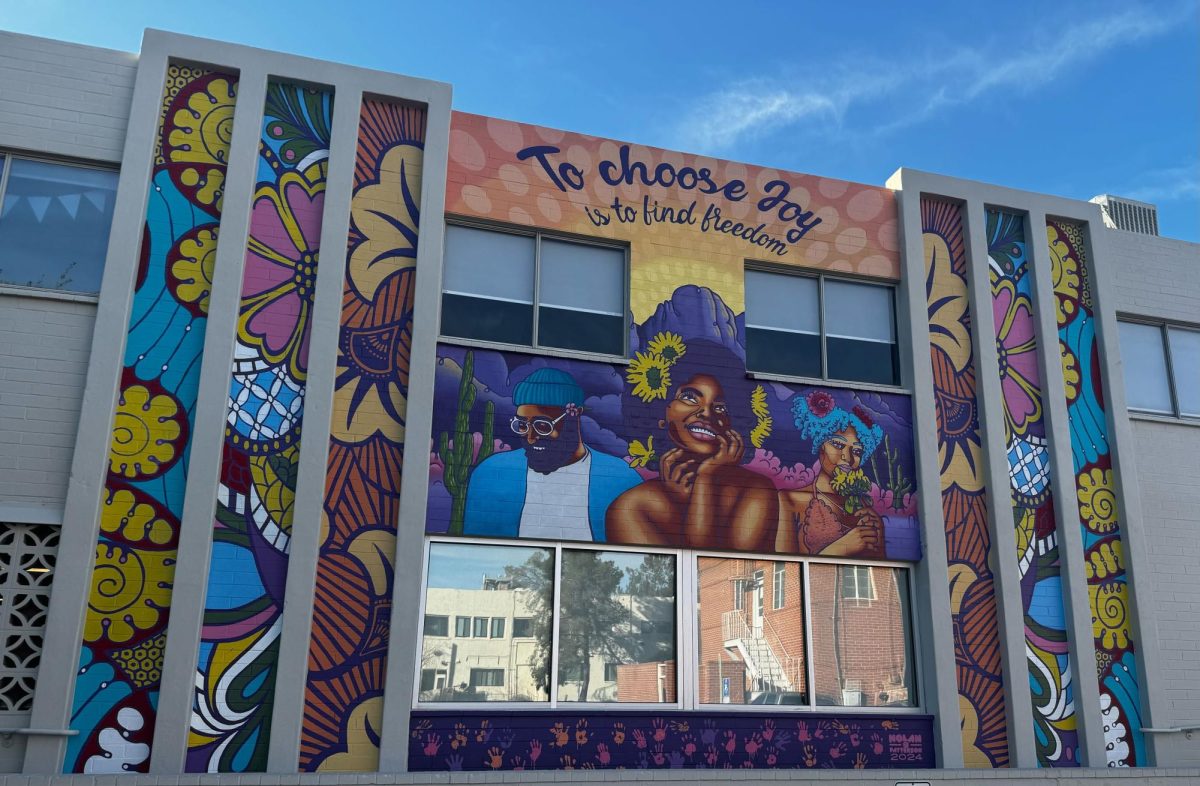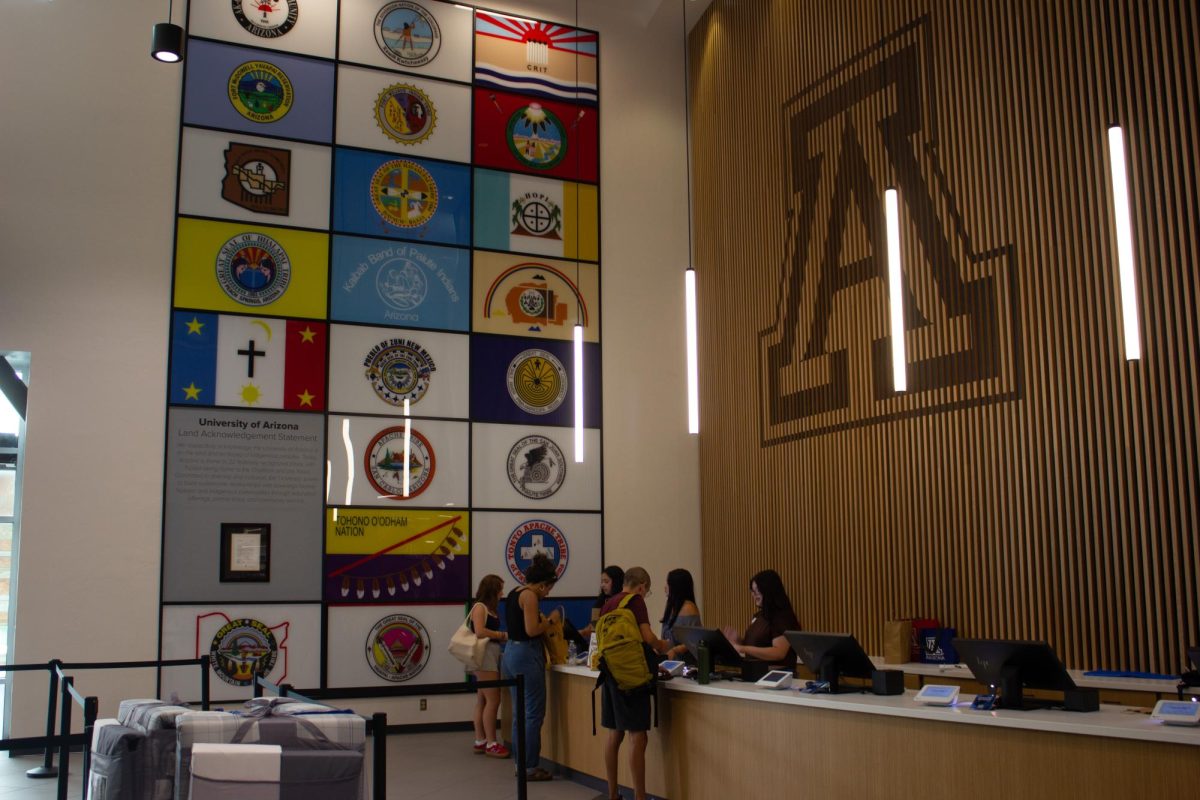The UA Office of Sustainability received a grant from the Green Fund for engagement initiatives that will include off-campus tours of various sustainability-related sites.
These sites are involved in “the larger sustainability challenges” of Southern Arizona and the state as a whole, according to Ben Champion, the director of the Office of Sustainability. The idea behind these tours is to give students “real world exposure” to these challenges, according to Champion.
“The idea is that those students, by seeing sites in person, might be pretty motivated to get more involved in some initiatives on campus or off campus related to those challenges,” Champion said.
RELATED: UA green groups to present at major conference
The first of this these tours may come within the next few weeks, and Champion said that they may try to tour the UA Tech Park to see the photovoltaic solar rays installed there by Tucson Electric Power.
Champion said they have brainstormed other ideas for trips, as well.
“I’m really interested in using the funding to get students some exposure to areas where we don’t have as much student organizations or student leadership at the moment on certain challenges,” Champion said.
One of those areas may be working on climate change in relation to transportation, according to Champion. Other areas of exposure may be different transportation projects in the area that work with pedestrian, bicycle and public transit needs, as well as projects that work to serve cars better.
Other possible tour ideas include the Avra Valley Storage and Recovery Project or an overnight trip to Lake Havasu City, Arizona involving the Central Arizona Project, which brings in water from the Colorado River and is the source of Tucson’s water supply, to learn about water sustainability issues.
As for who can attend these trips, Champion said the Office of Sustainability is open to anybody. Funding is budgeted for around two vans per trips, equating to roughly 20 students, Champion said.
Champion said it would be great to “feed the interest” among students who are already engaged in campus sustainability groups but that he hopes the trips interest other students, as well.
“Maybe they’ll get more interested in getting involved once they check some of these things out,” he said.
Amy Bichajian, a psychology freshman, said she would be interested in attending one of these tours. Bichajian, who is taking a sustainable Earth class now, said she thinks learning about the earth and how to live sustainably is important.
“If you can help out and then also bring that back to campus and educate other people, it’s important,” Bichajian said.
The trips started this year after the Office of Sustainability recieved the grant. Champion said that he thinks they will likely apply for funding for these trips to continue it next year, as well.
Green Fund annual grants, such as the one funding these trips, require a more extensive process to apply for, including a pre-proposal for the project proposal that is due in the coming weeks.
RELATED: ENR2 goes platinum with LEED certification
The Green Fund members, a group of students who decide how the UA’s $400,000 fund for sustainability will be allocated, often look to see how a project will impact students and the university, according to Green Fund vice chair Diego Martinez-Lugo, an environmental studies and geography senior. Martinez-Lugo was not on the Green Fund when it decided to provide the grant to the Office of Sustainability for these trips.
“We really look to see how many students will be engaged either directly through the project or indirectly so we prefer projects that have a wider reach,” Martinez-Lugo said.
When it comes to those who will be involved in the trips, Champion said he hopes it opens their eyes. He said these trips tie in to the 100 percent Engagement Initiative and the university’s land grant mission in making a difference in Arizona.
“I’m hoping students are going to get excited about the magnitude of these infrastructures that we have, magnitude of these challenges and we start some dialogues with some of our groups on campus about what can we do to affect those issues,” Champion said. “I’m really interested in getting students more engaged with the community and major resource challenges.”
Follow Ava Garcia on Twitter.



